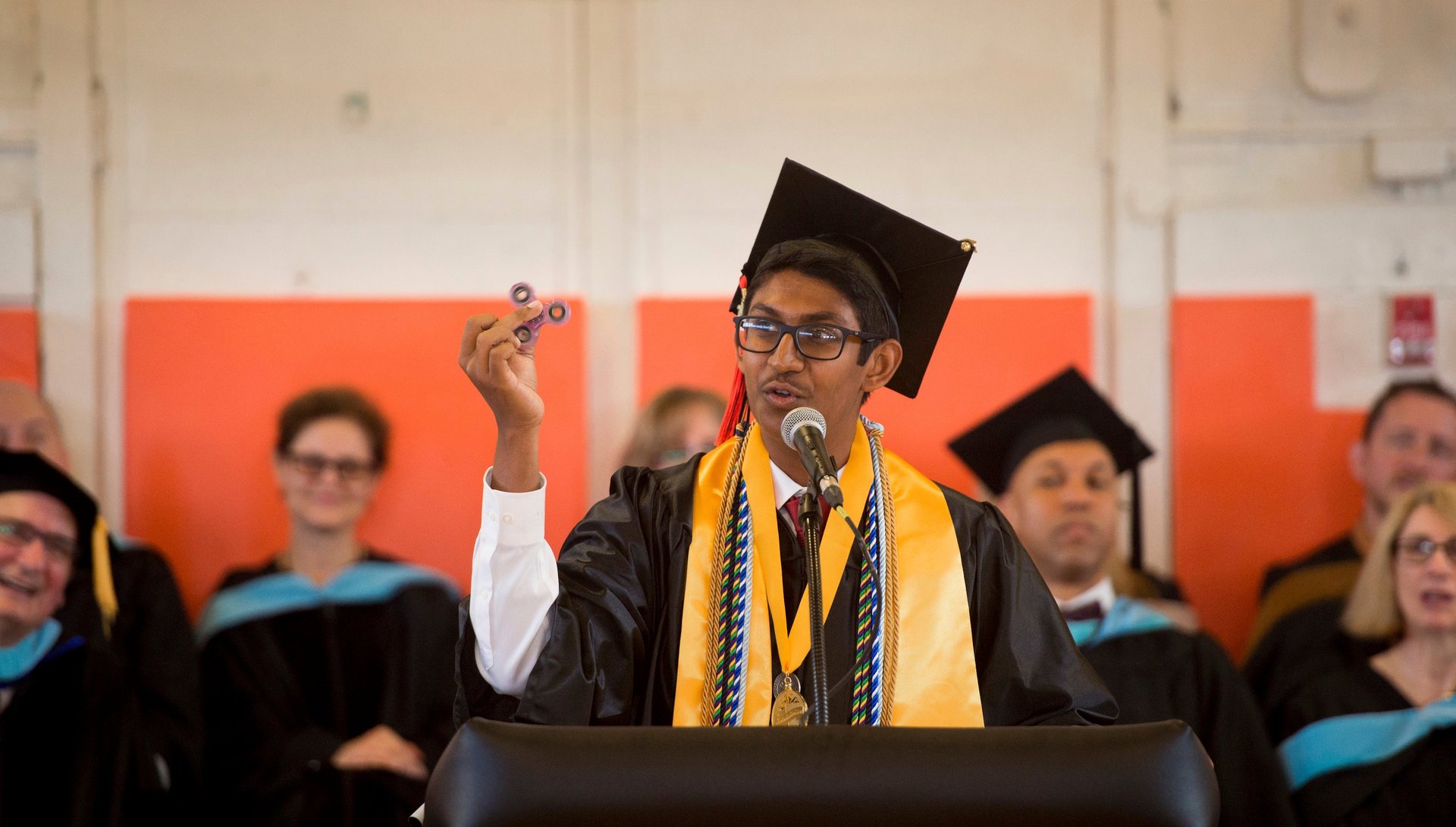No wonder young Americans feel so important, when half of them finish high school as A students
To graduate from high school with a grade-point average (GPA) of A, the top range of academic marks, used to be a crowning achievement and every parent’s dream come true (literally, every parent’s). Now, it’s basically the norm.


To graduate from high school with a grade-point average (GPA) of A, the top range of academic marks, used to be a crowning achievement and every parent’s dream come true (literally, every parent’s). Now, it’s basically the norm.
Nearly half of American high school students—47%, to be exact—are graduating with grades ranging from A+ to A-, according to a study released this week. The report, coauthored by a member of the SAT-administering College Board and a doctoral student of higher education, found that while high-school students’ average GPAs have soared, SAT scores have slipped noticeably over the past decade.
Taken together, those trends suggest that American teenagers are not necessarily getting smarter; high-school teachers are just being more lenient with grading, and perhaps rewarding students more for the same amount of effort.
That’s not a problem in and of itself—but it is troublesome when it comes to college and, later down the line, employment. Grade inflation makes it difficult for students to honestly self-assess their accomplishments, and it often discourages them from working harder and striving for more. When half of every school is getting the “top” grade, students have few ways of knowing where they really stand, in comparison to their peers.
The 47% of American high-schoolers graduating with A averages might all think they have a good shot at getting into Harvard, for instance, when in reality only a small number of them have earned their marks with truly exceptional work and actually have a shot. And when that small group gets to Harvard, it turns out that the most common grade there, too, is an A. That sets far too many people up to go into the real world thinking they’re all deserving of special treatment. It also perhaps contributes to the generational stereotype of young people these days being lazy, disinterested, and constantly looking for something better.
Some schools have fought back, such as Princeton, which experimented for a decade with putting a cap on the number of students who could actually get the top mark—yet it gave up that mission in 2014, fearing that having a reputation for harsh grading might turn off potential applicants.
That’s the whole problem in a nutshell. Everybody desperately wants to think they’re special; as a result, now, no one is.